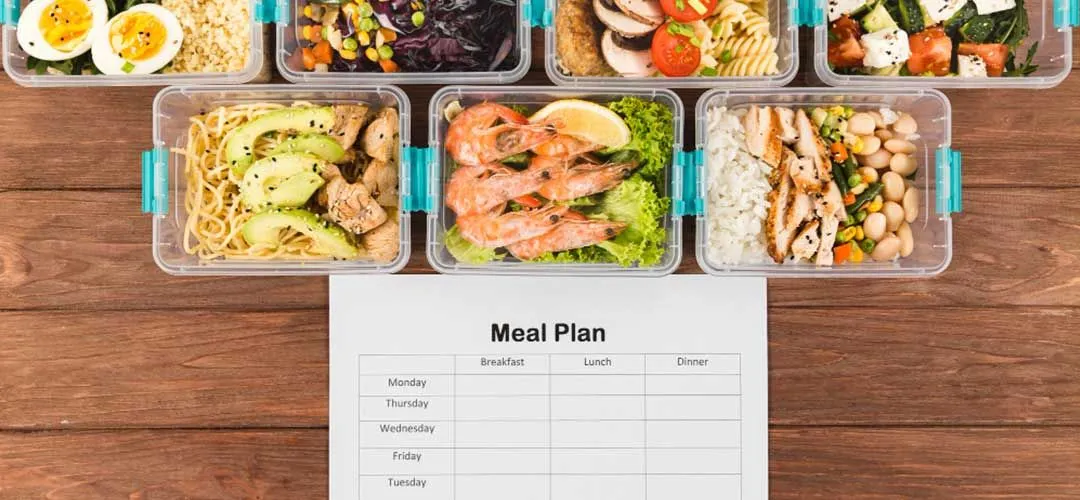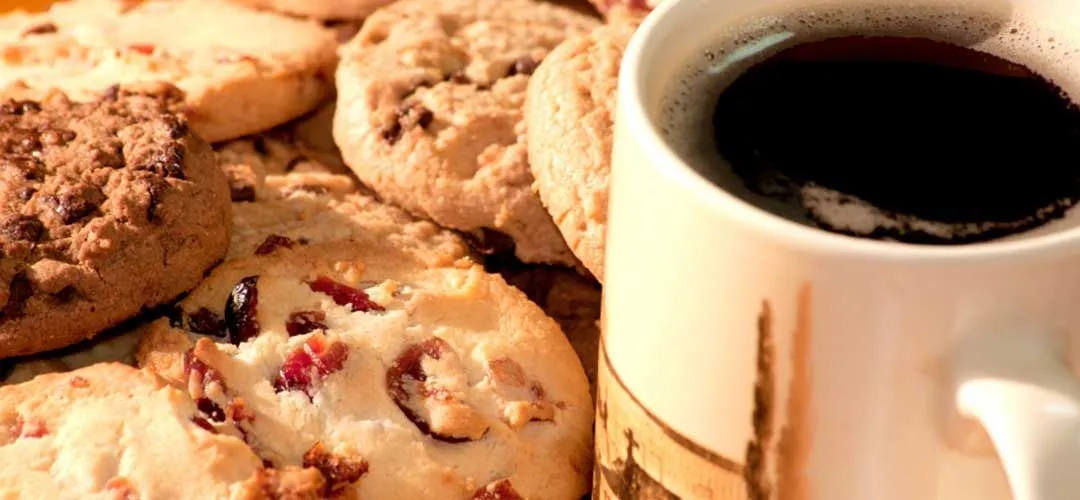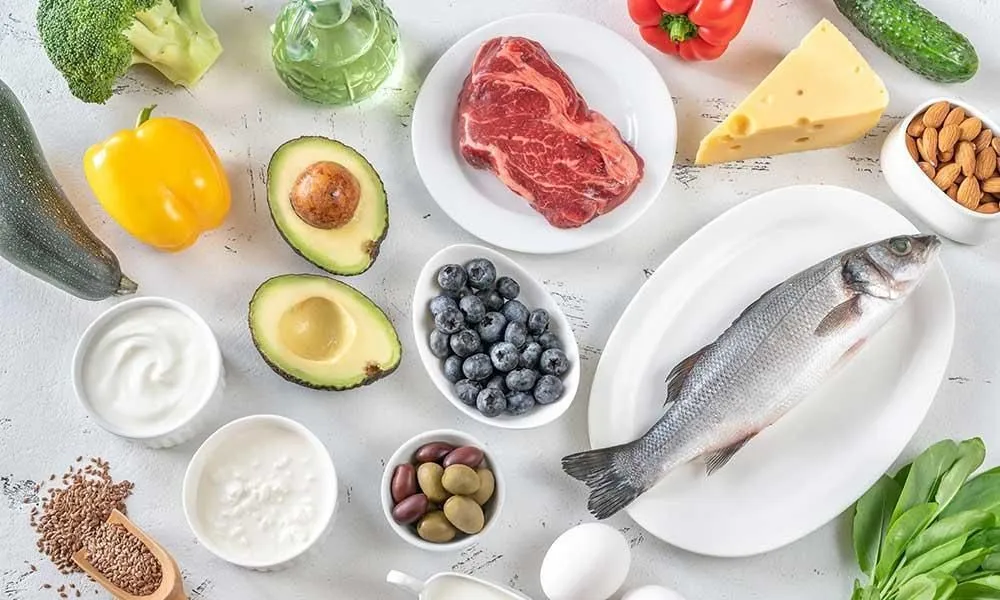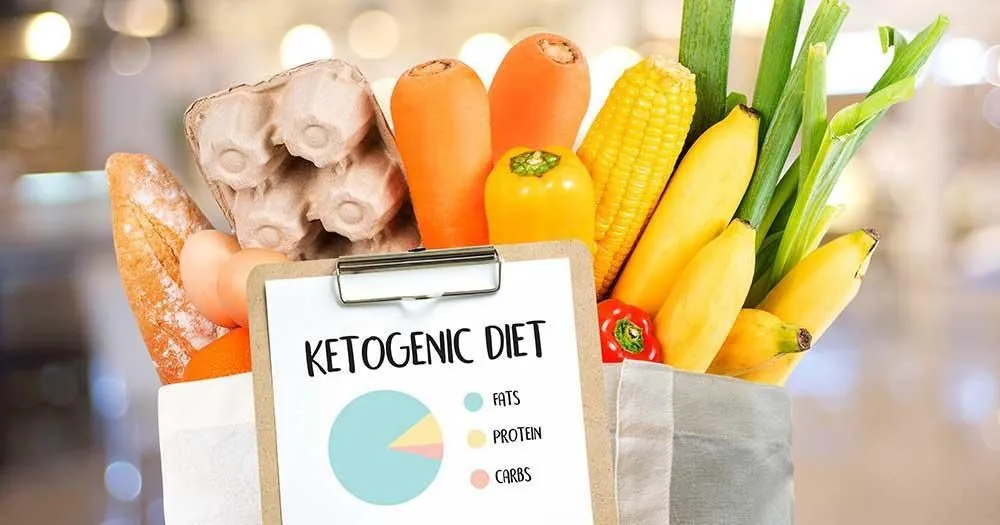With a history dating back to the 1920s, the Ketogenic or Keto Diet is a combination of foods and liquids that offer a high-fat and low-carb content. Such food choices should have adequate-protein to force and balance the body’s requirement to burn more fat storage and thus reduce weight.
This diet derives its name from an ancient Greek practice of altering the patient’s diet to cure his illness. It still finds a great deal of application in treating neurological disorders and is preferred by doctors to treat a medical issue where mainstream medicines do not produce appreciable results.
This restrictive diet is a smarter choice for a faster weight loss experience and is preferred by millions of people worldwide. It goes high on fats but low on carbohydrates, a unique combination that forces the liver to work in a way that excess fat is actually reduced.
In other words, this particular diet forces the body to use carbohydrates stored in the body for energy and routine functions instead of glucose. As the fat is being consumed, it tends to reduce in mass and the person on this diet starts losing excess flab on his belly and other parts of his body.
There are a few points to note regarding this dietary practice. This is important because Ketogenic Diet relies a great deal on consuming (the often unhealthy) saturated fats but it cuts down nutrient-rich food products like fruits, nuts, and vegetables from the list. Taken over a long period of time, this is sure to court some disaster if not properly checked.
For beginners, this diet variant offers scores of benefits too, especially for those who are suffering from neurological issues. Here’s a sample keto diet plan for you:
Sample meal plan for one day
Meal |
Menu idea |
Ingredients |
Breakfast |
Egg with bacon |
28 g egg (about half an egg) |
11 g bacon (about half a slice) |
||
37 g of 36% heavy whipping cream |
||
23 g butter |
||
9 g slice of apple (about 5% of one apple) |
||
Morning snack |
Peanut butter ball |
6 g peanut butter |
(serving size: 0.5 ounce) |
9 g butter |
|
Lunch |
Tuna salad |
28 g tuna fish |
30 g mayonnaise |
||
10 g celery |
||
36 g of 36% heavy whipping cream |
||
15 g lettuce (one large leaf) |
||
Afternoon snack |
Keto yogurt |
18 g of 36% heavy whipping cream |
(serving size: 1.3 ounces) |
17 g sour cream |
|
4 g strawberries (about half of one small strawberry) |
||
artificial sweetener |
||
Dinner |
Cheeseburger (no bun) |
22 g minced (ground) beef |
10 g American cheese (half a slice of cheese) |
||
26 g butter |
||
38 g of 36% heavy whipping cream |
||
10 g lettuce (one medium leaf) |
||
11 g green beans (one spoonful) |
||
Evening snack |
Keto custard |
25 g of 36% heavy whipping cream |
(serving size: 1.2 ounces) |
9 g egg (half a tablespoon) |
|
Pure, unsweetened vanilla flavoring |
Note: The above values are taken from Wikipedia.
Here’s what you should not eat when you are following this restrictive diet:
Grains
Vegetables rich in starch like potatoes
Sweet fruits like mangoes
Honey, sugar, and sweets
Bakery products like cakes and pastries
Coffee
While you can’t eat too much on this diet, here’s another resource for an ideal keto food list that you might want to consider. You can also check out this quick snack that you can make and eat in 15 minutes for some healthy munching.
PS: This diet is a specific form of dietary practice and should not be pursued without the recommendation of an expert nutritionist. She would help you chalk out a personalized and result-centric plan that would help you check your objectives in a better way.
You can expect this restrictive diet to help your body lose some flab faster by using it as a fuel source. Our bodies normally use sugar or natural glucose from carbohydrates to receive energy. With the ketogenic diet, the body switches to use the extra fat and calories stored in the liver. This stage is called ketosis.
This high-fat and low-carb diet offers the following benefits too:
Tone up the skin by drawing up excess oils
Potentially reduce epileptic seizures
Might improve cardiac health
Improves blood sugar levels
Can reduce sleep disorders
Might resist diabetes and cholesterol
Beginners can jump to this diet through an assimilation of the following food items in their daily dietary practices:
Avocados
Eggs
Coconuts and meals prepared in coconut oil
Seafood
Cottage cheese
Greek yogurt
Meat and poultry
Low-carb Peanut butter
You can also take pure spirit-based alcoholic drinks like whiskey and brandy in moderation too.
Everything comes with its credentials, and you might experience some of the extreme advantages and disadvantages of the keto diet over a period of time. It is a fabulous diet system to follow to control neurological issues, lose weight, and set your digestive system in motion.
While we have discussed some of its advantages above, the disadvantages too deserve a polite mention.
Increased fatty content is directly related to the formation of kidney and gall bladder stones, higher levels of uric acid. As such, people who are suffering from gastric and kidney issues should rather stay away from it.
The worst thing is to compulsively stick with this diet even after it has served its purpose. It might leave you with a decreased bone density, irregular blood pressure levels, and permanent sleep disorder too.
We encourage you to make an informed choice about your health based on a proper assessment of the merits before you commit yourself to the keto diet. While you understand your health better than most people around, consulting an online healthcare professional would come recommended too.





